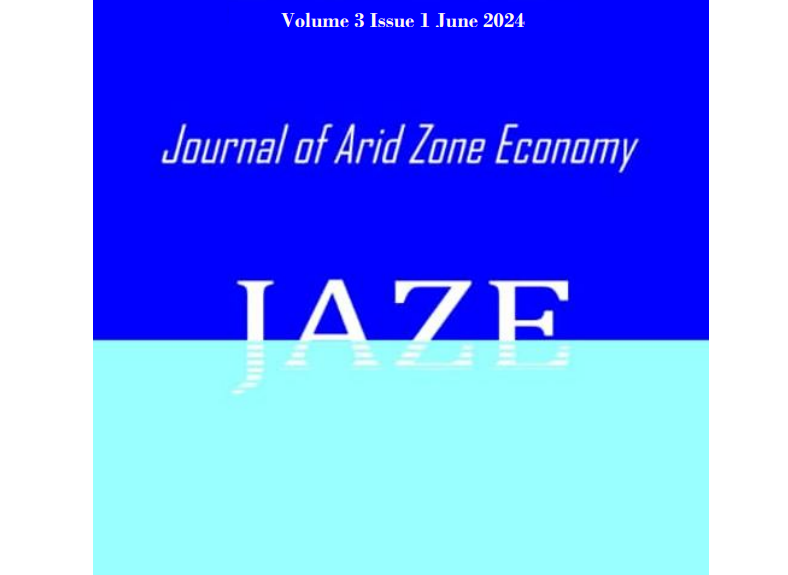Analysis of the Impact of Foreign Reserve Accumulation on Economic Growth in Nigeria
Keywords:
Economic growth, Foreign reserve accumulation, Non-oil export, ARDLAbstract
This paper examined the impact of foreign reserve accumulation on
economic growth in Nigeria. The data were sourced from the Central
Bank of Nigeria Statistical Bulletin and World Bank Development
Indicators (2022). The data covers 1992-2022 and were analyzed using
the Autoregressive Distributed Lag model. Findings from the study shows
the existence of a long run cointegrating relationship among the variables
of the study. Furthermore, result revealed that the explanatory variables,
except foreign reserve accumulation, have significant short and long run
impact on economic growth over the period of the study. Therefore, the
paper concludes that foreign reserve accumulation has no significant
impact on economic growth in Nigeria due to mismanagement of foreign
reserve and neglect of non-oil sectors. The study recommends the need for
government to implement policies that will promote foreign direct
investment which will enhance increase investment in the Nigerian
economy. This is predicated on the argument that significant foreign
reserve accumulation will help restore investors’ confidence in financial
and real sectors which can translate into positive and significant impact
on economic growth. Additionally, high reserve accumulation cannot
translate into economic growth unless government encourages
diversification for domestic investors to invest more on agricultural
sector, infant industries and SMEs to boost aggregate outputs for export
promotion.

Downloads
Published
Issue
Section
License
Copyright (c) 2024 Journal of Arid Zone Economy

This work is licensed under a Creative Commons Attribution 4.0 International License.

